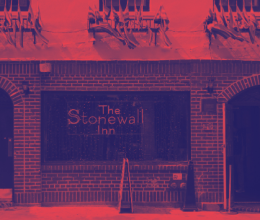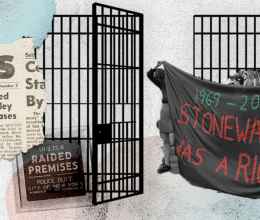
Learn more here about your right to be protected against discrimination and abuse in prison and what to do if your rights are violated. The law is always evolving. If you have access to a prison law library, it is a good idea to research new developments.
Additional resources
Connect with these organizations for more information on your rights and actions you can take.
ACLU of Wyoming: Handles prison-conditions cases and civil-liberties violations. Does not provide post-conviction assistance or research services to prisoners.
- Contact: Intake Department
- Address: P.O. Box 20706, Cheyenne, WY 82003
- Phone: 307-637-4565; 307-637-4565 fax
- Email: [email protected]
- Website: aclu-wy.org/get-help
University of Wyoming Civil Legal Services Clinic: Provides legal assistance for civil matters that are not fee-generating.
- Contact: Danielle Cover
- Address: 1000 E. University Ave., Laramie, WY 82071
- Phone: 307-766-2104
- Email: [email protected]
Wyoming Defender Aid Clinic: Handles post-conviction and habeas corpus cases. Provides direct referrals and legal research.
- Contact: Lauren McLane
- Address: 1000 E. University of Avenue, College of Law, Laramie, WY 82071
- Phone: 307-766-3118
- Email: [email protected]
Exoneration Project: Works to correct wrongful convictions only in cases where the accused is innocent of the crimes charged, meaning they did not commit the crime(s) and had no involvement in the crime(s). Does not take cases where the claim is an affirmative defense, such as consensual sex and self-defense.
- Contact: Intake Department
- Address: 311 N. Aberdeen St, 3rd Floor, Chicago, IL 60607
- Website: exonerationproject.org
- Email: [email protected]
Innocence Project: The Innocence Project only accepts cases on post-conviction appeal in which DNA testing can prove innocence.
- Contact: Intake Department
- Address: 40 Worth St., Ste. 701, New York, NY 10013
- Phone: 212-364-5340
Rocky Mountain Innocence Center: Works to correct and prevent the wrongful conviction of innocent people in Utah, Nevada and Wyoming.
- Contact: Intake Department
- Address: 358 S 700 E., B235, Salt Lake City, UT 84102
- Phone: 801-355-1888
- Email: [email protected]







